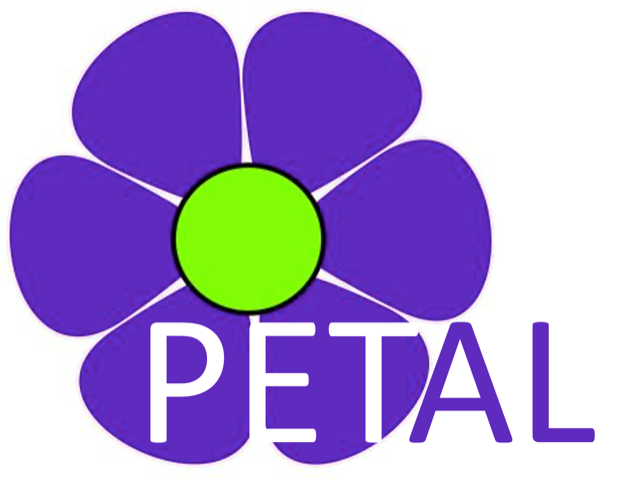Understand. Enable. Empower.
|
What is PETAL? We are a group of researchers, clinicians and consumers from several countries and from a range of disciplines, contexts and backgrounds. We have joined forces to work towards our shared vision of bringing deep understanding of current thought in 'how pain works' to health care professionals, consumers and the general public in a way that reduces the occurrence and impact of persistent pain and facilitates its resolution. Many of us undertake clinical trials of pain science education for consumers, implementation studies in the clinic and for the general public, and experiments in the lab to solve particular problems or innovate new solutions. Our patient partners represent wider groups of consumers disabled by pain and are critical in guiding our research and our outputs. Why are we doing this? We take an approach to prevention and management of persistent pain that centres on Understanding, Enablement and Empowerment. All in the PETAL Collaboration think that the available evidence points to great merit in bringing discoveries in pain science and management to people challenged by pain, their friends and family, the health professionals who treat them and the policy people who guide funding for prevention and care. This means 'whole of community education'. We have created PETAL to synergise our efforts and maximise our impacts. What type of 'pain education' is PETAL wanting to improve? We are all very interested in what we call 'Pain Science Education'. Pain science education is a term that reflects the evolution of the earliest forms of this type of education, which emerged around 2000 and were called 'intensive neurophysiology education', 'pain neuroscience education' or 'explaining pain'. Massive progress in our understanding of the best content, the scientific disciplines from which it comes, and the best methods of instilling deep understanding, has led us to adjust the name to 'Pain Science Education'. This also avoids using terms that have become brand names. What are we trying to achieve? It's all in our shared vision: to bring deep understanding of current thought in 'how pain works' to health care professionals, consumers and the general public in a way that reduces the occurrence, impact and resolution of persistent pain. By putting our heads together, we think we can better identify problems, innovate solutions, test those solutions and roll out effective strategies as quickly and efficiently as possible. We are learning from each other as we go; we are avoiding repeating each others' mistakes and we are rapidly repeating each others' successes. PETAL is funded through an NHMRC Leadership Investigator Grant to Lorimer Moseley (ID1178444). |
We come from many universities, institutes and countries.
|
Professor Lorimer Moseley AO (University of South Australia, Australia) and Professor Cormac Ryan (Teesside University, UK) are joint leads of the PETAL Collaboration. They share a common passion for working with kind, clever and community minded people towards better outcomes for people challenged by pain.


